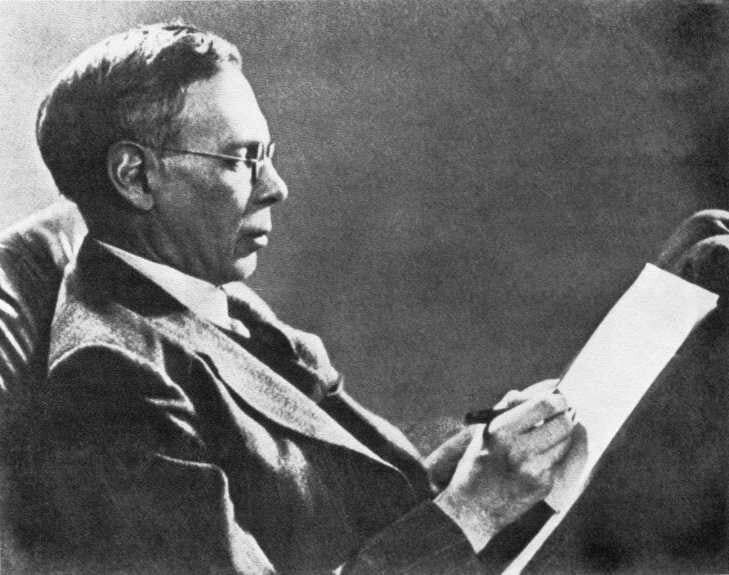J.I. Packer observed in 1988 that if American evangelicals have a patron saint, it’s probably C. S. Lewis. Scholars who have explored Lewis’ views on purgatory and praying for late saints may find that foolish, but Packer had a clear point. Because American evangelicalism tends to be a broad but thin tradition—strong in numbers, weak on institutional memory, always struggling to cultivate an “evangelical mind”—there aren’t many thinkers that evangelicals all admire. Lewis (followed probably by Timothy Keller) is one of the few writers you know will be highlighted in any Christian bookstore, evangelical pastor’s conference, or church camp.
Login to read more
Sign in or create a free account to access Subscriber-only content.
